Historical Bigfoot Attack Site Rediscovered in Washington
Posted by: Greg Newkirk on July 24th, 2014
Has the site of one of cryptozoology’s most famous tales of Bigfoot-related violence finally been rediscovered? After years of expeditions, one paranormal investigation group thinks they’ve located the infamous Ape Canyon Cabin, and they’ve provided evidence to back it up.
In July of 1924, four prospectors on a Mount St. Helens gold claim told journalists that they had endured a night from hell when numerous boulder-tossing, hairy “Mountain Devils” descended upon their cabin. The attack resulted in a one-sided gun fight, and one man, Fred Beck, claims to have shot one of the creatures, watching it tumble some 400 feet into the canyon to its ultimate demise.
The story spread like wildfire, and found itself the subject of newspaper articles, books, and several televised recreations of the incident. The tale has remained one of the most curious reports of Sasquatch-related violence, and its prominence has even earned the gorge an official name: Ape Canyon.
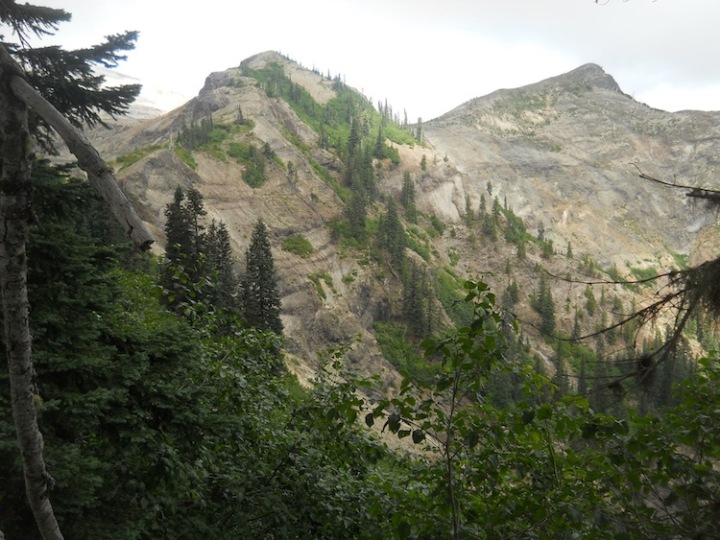
While the story has remained an important piece of cryptozoological lore for almost a century, the evidence has not endured the same fate, with the site and its cabin presumably destroyed when Mt. St. Helens erupted in 1980. For years researchers have hunted the remains of the cabin but with little success… until now.
For the last five years, Marc Myrsell and his Washington-based Dark Waters Paranormal Investigation team have spent their warm months hunting down evidence of the Ape Canyon Cabin, and after a series of fortuitous clues, believe they’ve finally discovered its location. But don’t go asking for directions, because DWP ain’t giving them out, at least not yet.
“Due to the sensitive nature of this historic site, I’m really, really, really sorry, but WE CAN’T GO INTO SPECIFIC DETAILS ABOUT THE SITE’S LOCATION,” Myrsell exclaimed on Facebook. “PLEASE DON’T ASK.”
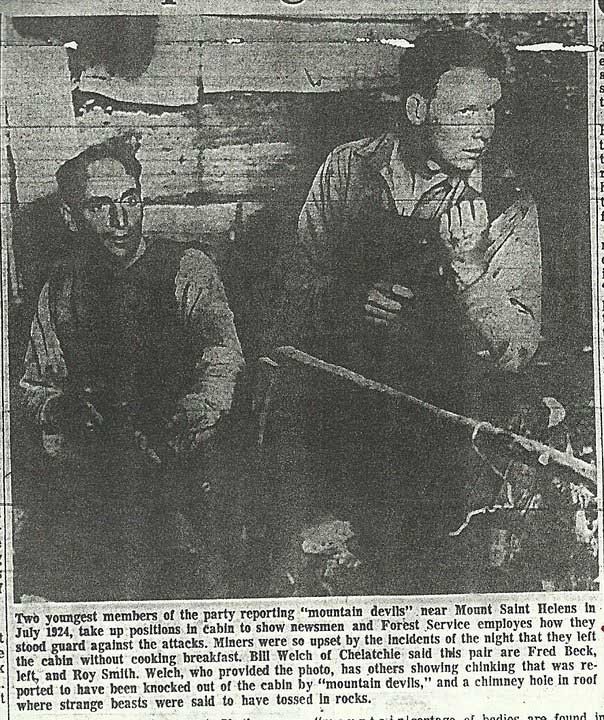
What Myrsell’s announcement lacked in directions, it made up for in details. Here’s an excerpt:
All surface evidence of the cabin is gone. A 1936 trail map told us that one could see the cabin from the trail. But that was only 12 years after the incident. In 1968, Fred Beck had heard that the cabin had burnt to the ground. In 1972, hikers told Peter Byrne that they had visited the cabin. Today, it’s rock, steep slope and trees.. The nature of the site carries a high probability of very little human impact. The area has never been commercially logged as there are so few trees and these are very difficult to get out. The danger of traversing the area makes a high rate of human camp sites unlikely.. ..the excitement began with the discovery of the wire, about 16″ long with a coiled loop at one end, like for a bailing or a handle, sticking vertically in the ground.. The excitement grew with a nail, a shank nail about 4 inches long.. jumping up and down and yelling and vigorous hand shaking ensued with the spoon. A single spoon. Just an old spoon. About 6″ underground.. But this was the clincher. We started finding more and more nails and finally got to a rotten horizontal log, again about 6″ underground WITH THE NAILS DRIVEN IN TO IT. As best we can tell, we probably found the long, 20 foot side of the cabin, guessing the uphill side.Marc Myrsell
Myrsell goes on to say that there is plenty of work to be done yet, with more expeditions planned to continue excavating the area for better evidence, and even an Xray Dispersion Analysis to help date the spoon. These guys may very well have uncovered some real Bigfoot history.
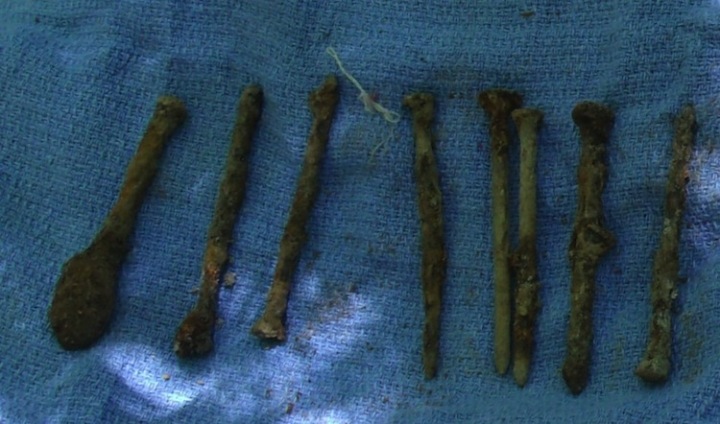
Now, if they could only find the body of the creature Fred Beck claims to have shot in 1924, people other than monster nerds like you and I might have even more reason to get excited.
For more on the frightful Ape Canyon attacks, you can read the entirety of Fred Beck’s 1967 book I Fought the Apemen of Mount St. Helens, WA over at Bigfoot Encounters. More on Marc Myrsell and the Dark Waters Paranormal expedition, by checking out their Facebook page. Want to visit Ape Canyon and do a bit of digging yourself? Check out this handy interactive map.
About Greg Newkirk
Greg is a documentary film maker, curator of the fantastic & bizarre, and professional monster chaser. By day, he's the intrepid Head Writer for Roadtrippers where he sends travelers to the strangest locations in the world, and by night he chases down the paranormal with Planet Weird, a new web series about the unexplained. He's pretty sure Bigfoot yelled at him once.
Email • Skype • Facebook • Twitter • Linkedin • Google • Youtube • Instagram •






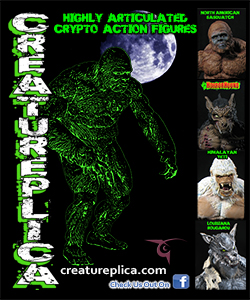
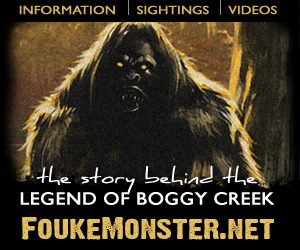
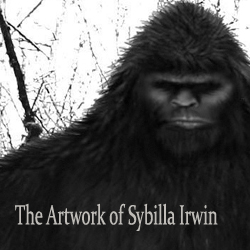

Wasn’t this first reported about a year ago?
It’s definitely not breaking news, Poetics, but it seemed like it got very little fanfare when the news first trickled out because everyone was too obsessed with Morgan Matthews and Rick Dyer. I felt it was worth highlighting again now that all of that nonsense was over with.
I know people on this blog tend to be very suspicious about academics (unless those academics say they think Bigfoot is real, in which case they are lauded as unsurpassed experts), but it really would have been good to have had this site excavated by archaeologists. I don’t think there would have been any problem with that; the opportunity to reconstruct a building that may or may not of have been standing when a nearby volcano buried it in ash would provide a good exercise for their students. Above all, they would have had training in documenting the location and context of finds, and they would have had access to equipment that might have been useful.